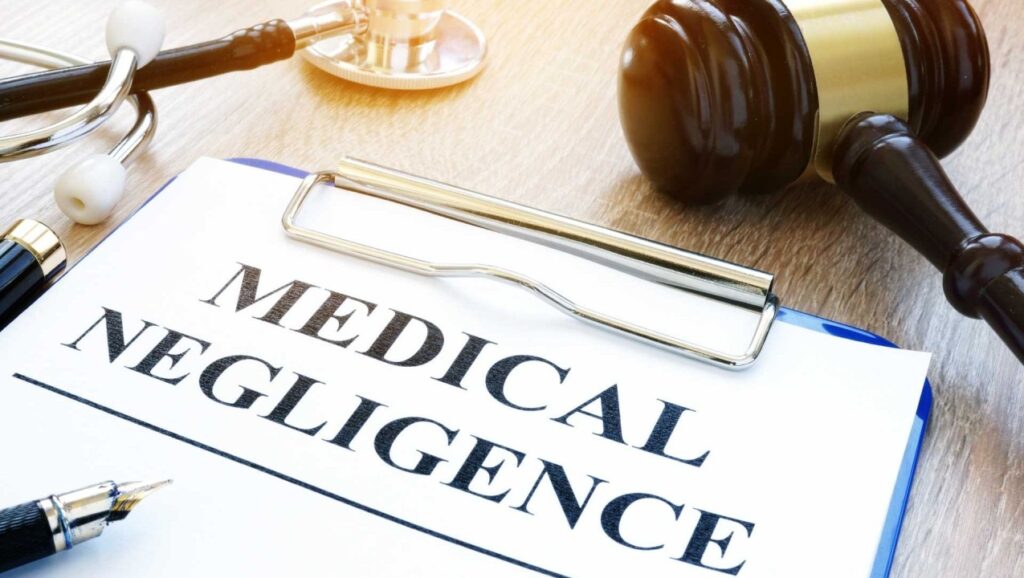Negligence is the failure of one to use reasonable care as a reasonably prudent person would use under normal and similar circumstances. Negligence can occur in any profession and the medical profession is not left out.
Medical Negligence is a breach of duty by a doctor to his patient to exercise reasonable care or skill resulting in some bodily or mental harm. There are acts that constitute medical negligence as provided in the Rules of Professional Conduct for Medical and Dental Practitioners which are highlighted below;
- Manifestation of incompetence in the assessment of a patient
- Making the wrong diagnosis especially when the clinical signs are so glaring that no reasonable skillful practitioner could not have observed them.
- Failure to promptly attend to a patient requiring urgent and immediate attention when the practitioner was in a position to do so.
- Inefficacy to obtain the consent of the patient before proceeding with any surgery where necessary.
- Giving wrong advice or failure to advise a patient on the risk involved in a particular operation or course of treatment especially if such will likely result in side effects.
- Failure to take the patient’s full medical history.
- Failure to remove foreign objects inserted into a patient.
How Can You Prove Medical Negligence
There are three basic elements that must be proved before you can claim liability for damages. These elements are briefly explained below;
- The practitioner owed the patient a duty to exercise due care
There must be a fiduciary relationship between the practitioner and the patient for a duty of care to exist. This kind of relationship is easily formed and does not need formal consent from the patient to the medical practitioner.
- The practitioner failed to exercise the due care
It must be established that the medical practitioner acted below the expected standard of care expected of him in his professional capacity.
- The practitioner’s failure caused the Damage
For an action of negligence to succeed, the patient must be able to prove that the injury or damages were caused by the medical practitioner’s breach of the duty of care.
Remedies Available for A Patient in a Successful Case
- Damages range from compensatory, special, aggravated, or exemplary.
- An injunction that is not so common in Nigeria is a remedy granted so that irreparable damage will not occur. The injunction can be mandatory or proprietary.
- Termination of Appointment and Withdrawal of License
- This is used as a correctional, mechanism for an erring practitioner and to deter similar negligent acts by other practitioners in the future.
Conclusion
It is imperative for you as a patient to know that you have rights even in the medical aspect and it is your right to seek redress or advice when your right is violated. Medical practitioners should also act with due diligence to avoid issues with patients. Medical Negligence in Nigeria still has a long way to go but before it gets to the international standard we urge you to take advantage of available mediums to obtain justice and remedy.
For more information about Immigration to the Middle East, UK and Africa, and for all your business needs, advice, compliance and legal requirements in the Middle East, Asia and Africa please feel free to contact us for a free consultation. We are just a click away. We also assure you that we will tend to your requests.
We at eLegal consultants look forward to meeting you and are ready to journey with you to realize your dreams. Contact us today.




